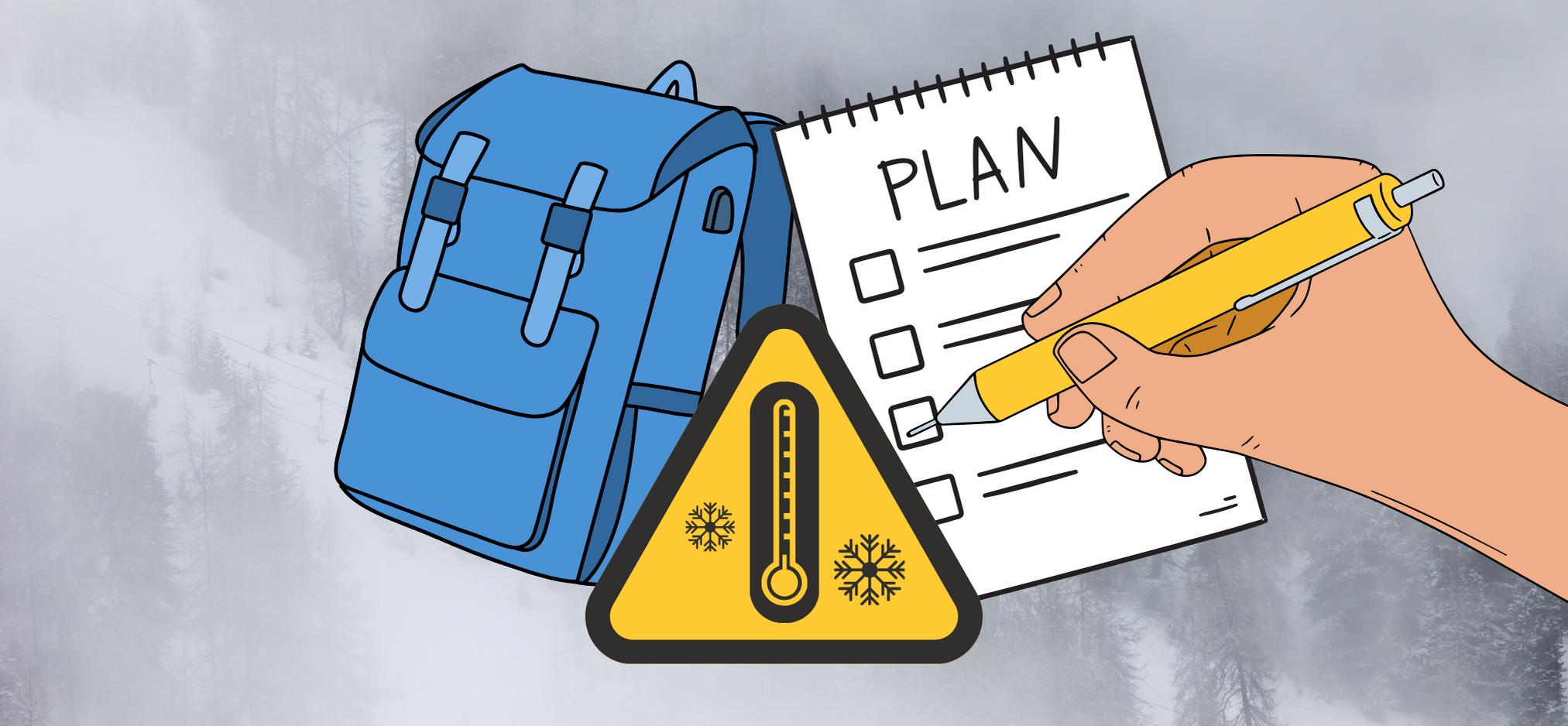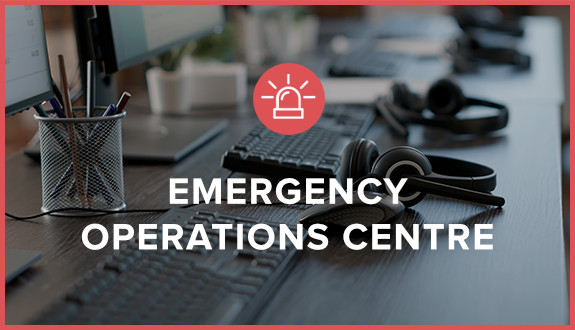
Winter weather such as snow, rain, and ice can cause transportation challenges and increase the risk of slips and falls. It’s easy to get cold quickly if you are outside in wet, cold, and windy weather. Exposure to cold temperatures can lead to frostbite or hypothermia. There can be an increased risk of flooding due to melting snow. Power outages can disrupt communication, heat in your home, and access to food and water.
Make a Winter Weather Plan
When making your plan, keep the following in mind:
- Public transportation may be cancelled.
- Driving, walking, and cycling could be very dangerous due to slippery or snowy road conditions.
- Phone, gas, electric and water services may be disrupted.
- Consider the unique requirements of your loved ones and everyone in your home, such as Elders, children, pets, and those with additional preparedness needs.
Identify a winter weather buddy
If you or someone you know lives alone or experiences mobility challenges, make connections to find a winter weather buddy.
Your buddy should be someone who can:
- Help with shoveling snow.
- Help with running errands if you can’t leave your home.
- Check in with each other when winter weather arrives.
Prepare your home
Take steps to winterize your home such as:
- Insulate walls and attics.
- Install weather-stripping along doors and windows.
- Learn how to keep pipes from freezing.
- Have salt or de-icer and a shovel ready. Remove snow from sidewalks and driveways to help reduce the chance of slips and falls.
- Severe winter weather like ice, wind and snow can cause power outages. It’s important to be prepared to live without power for several days. Have an alternate heat source (e.g., wood stove).
- Prepare a 72-hour kit in case you must quickly leave your home.
Prepare your vehicle
Ensure your vehicle is ready for winter with proper maintenance.
- Install winter tires.
- Plug in your vehicle if you have a block heater.
- Keep your gas tank at least half full or keep your electric vehicle half charged at all times.
- Create a vehicle emergency kit.
- Check highway conditions and listen for weather updates before leaving on a trip.
- Tell family members or friends of your route, departure and arrival times.
Stay prepared
- If you use anything from your emergency kits, replace the items as soon as you can to ensure the kits are always complete and ready for use.
- Set a reminder on your phone to review and update your home emergency plan, emergency kit, and grab-and-go bags at least once a year.
Download FNESS’ Winter Weather Tips Info Sheet (PDF).
If you need to contact FNESS during an emergency, please call the FNESS After Hours Assistance Line:
1-888-822-3388








